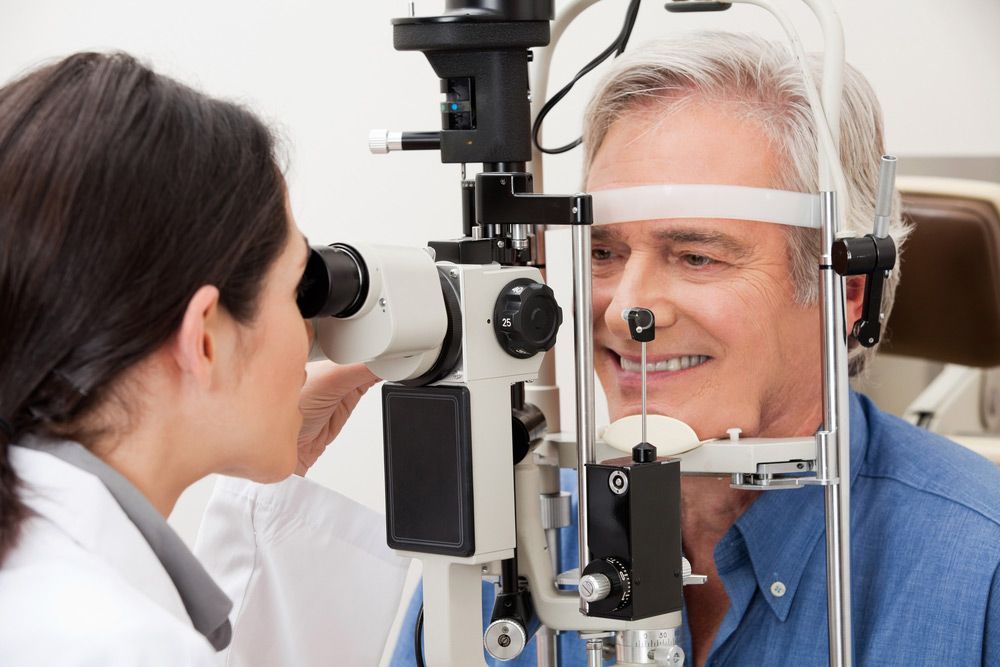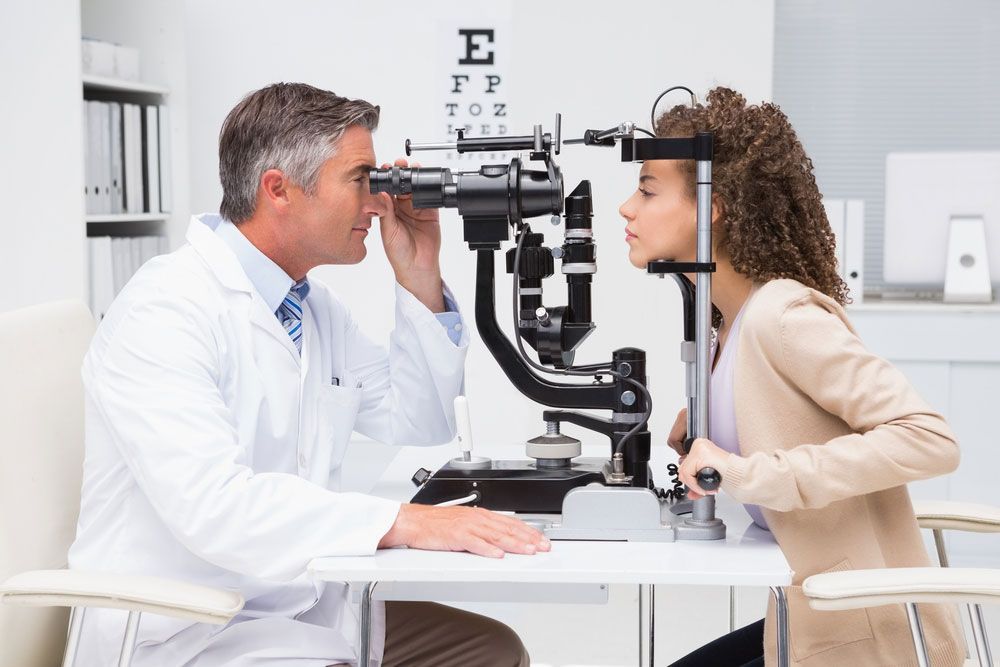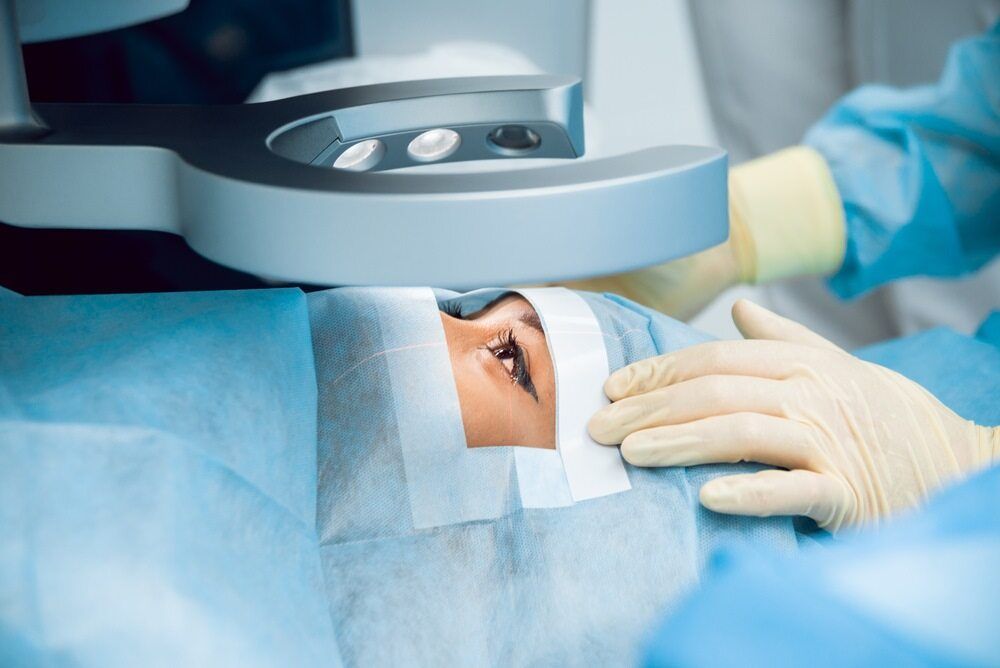How Routine Screenings Can Help Detect and Manage Glaucoma
Maintaining optimal eye health might involve more than periodic eye checks; it could also include proactive screenings that can potentially detect conditions like glaucoma before symptoms become noticeable. These screenings could play a crucial role in identifying early indicators of your eye conditions, particularly glaucoma, which might silently compromise your vision. In this blog post, we'll explore how these screenings can be a beacon of hope for those at risk of glaucoma, a condition often cloaked in invisibility until it's too late.
The Vital Role of Routine Eye Exams in Glaucoma Detection
Routine eye exams are considered important for the early detection of glaucoma. Glaucoma might progress without noticeable symptoms, leading to significant damage that goes unnoticed. Early identification through comprehensive eye examinations could prevent further glaucoma progression.
During a routine check-up, ophthalmologists may use a variety of tests to evaluate the health of your eyes, including:
- Tonometry: This test can help measure the intraocular pressure (IOP) inside your eye, potentially identifying elevated pressure levels that might suggest the risk of glaucoma.
- Ophthalmoscopy: This examination helps the ophthalmologist look at the optic nerve for any signs of damage or abnormalities, which might indicate the possible presence of glaucoma.
Understanding the Screening Process: Beyond the Basics
The process for screening glaucoma extends beyond simple evaluations, incorporating more sophisticated diagnostic tools for a deeper understanding of the eye's health.
Optical Coherence Tomography (OCT)
OCT represents an advanced imaging technique that can help provide detailed views of the optic nerve and retina. It can detect subtle structural changes, potentially aiding in the early identification of glaucoma.
Perimetry
Perimetry, also known as visual field testing, is aimed at measuring the full scope of peripheral vision to possibly identify any blind spots that could be indicative of glaucoma.
The Ophthalmologist’s Role in Personalised Glaucoma
Upon detecting glaucoma, ophthalmologists can help devise a tailored treatment plan for each patient. Treatment options, ranging from prescription eye drops to reduce intraocular pressure to laser therapy and surgical procedures for more advanced cases, might vary. Follow-up care is considered necessary for monitoring the disease's progression and adjusting the treatment.
A testimonial or case study could vividly illustrate the impact of such personalised care, showcasing how an individual's quality of life was preserved or improved through attentive, customised treatment strategies.
The Importance of Regular Screenings and Lifestyle Choices
While glaucoma can often develop without early warning signs, there are a number of factors that could increase an individual's risk of developing the disease. Age, genetics, and medical history all play a role, but lifestyle choices might also influence the health of the eyes. Incorporating regular glaucoma screenings into one's healthcare routine could be crucial for those with a family history of the condition, as early detection might offer the best chance of preventing long-term damage.
Moreover, keeping blood pressure, cholesterol, and blood sugar levels within a healthy range could potentially help lower the risk of glaucoma progression. A balanced diet rich in omega-3 fatty acids, antioxidants, and other nutrients beneficial to eye health may contribute to maintaining proper eye function. Lifestyle habits such as avoiding smoking, limiting alcohol consumption, and protecting the eyes from excessive UV exposure could also be important in supporting overall ocular health.
Regular screening can prevent a variety of other problems that could occur as you age. For example, your ophthalmologist may be able to catch other conditions like age-related macular degeneration (AMD) early. This can typically be solved with a macular degeneration injection. If you ever have any questions during your regular screenings, don't hesitate to ask. If you're looking for regular screenings or a macular degeneration injection, don't wait to call us at 130eye.
Education and Awareness Are Key
Educating individuals about the signs, risk factors, and treatment options for glaucoma is critical for increasing awareness. While medical professionals play a central role in diagnosing and treating the disease, patients themselves are often key in recognising early changes in vision. Public health campaigns aimed at improving understanding of glaucoma and the importance of routine screenings can help in ensuring more people take proactive steps toward protecting their eye health. Additionally, promoting understanding within at-risk communities can result in earlier screenings and treatment, particularly for older individuals or those with a family history of the condition.
For those already diagnosed with glaucoma, maintaining a strict regimen of prescribed eye drops or other treatments can help in controlling intraocular pressure and slowing the disease's progression. Regular follow-ups with an ophthalmologist remain crucial for monitoring treatment efficacy and making necessary adjustments. Empowering patients with the knowledge to manage their condition effectively can greatly improve their long-term outlook.
Advances in Glaucoma Research and Treatment
In recent years, advancements in glaucoma research have provided new insights into potential treatments and preventive measures. Scientists are exploring gene therapy as a future treatment option, which could involve correcting genetic mutations linked to glaucoma. While this area of research is still developing, it represents a promising avenue for tackling the root cause of the condition. Additionally, researchers are working on innovative drug delivery systems, such as sustained-release implants, which might improve patient compliance by reducing the need for daily eye drops. These advancements highlight the importance of ongoing research and collaboration within the global medical community. Furthermore, clinical trials are actively assessing new medications that target specific pathways involved in glaucoma development. These trials aim to provide more effective treatment options, potentially leading to better management of the condition. Increased funding for glaucoma research initiatives is crucial for accelerating these innovations and ensuring that patients benefit from the latest scientific discoveries. As awareness of glaucoma grows, the hope is that more individuals will participate in research efforts, helping to advance the understanding and treatment of this often-overlooked condition.
Schedule Your Glaucoma Screening with 130eye
At 130eye, our focus is on identifying and managing glaucoma early. We offer various services, from initial screenings to advanced diagnostics and personalised treatment plans. If you need more information or want to book a consultation with our eye specialist in Townsville, get in touch with us. Our team is ready to support your eye health needs.
Eye Problems
Operating Hours
- Monday
- -
- Tuesday
- -
- Wednesday
- -
- Thursday
- -
- Friday
- -
- Saturday
- Closed
- Sunday
- Closed
Get In Touch
All Rights Reserved | 130 Eye



